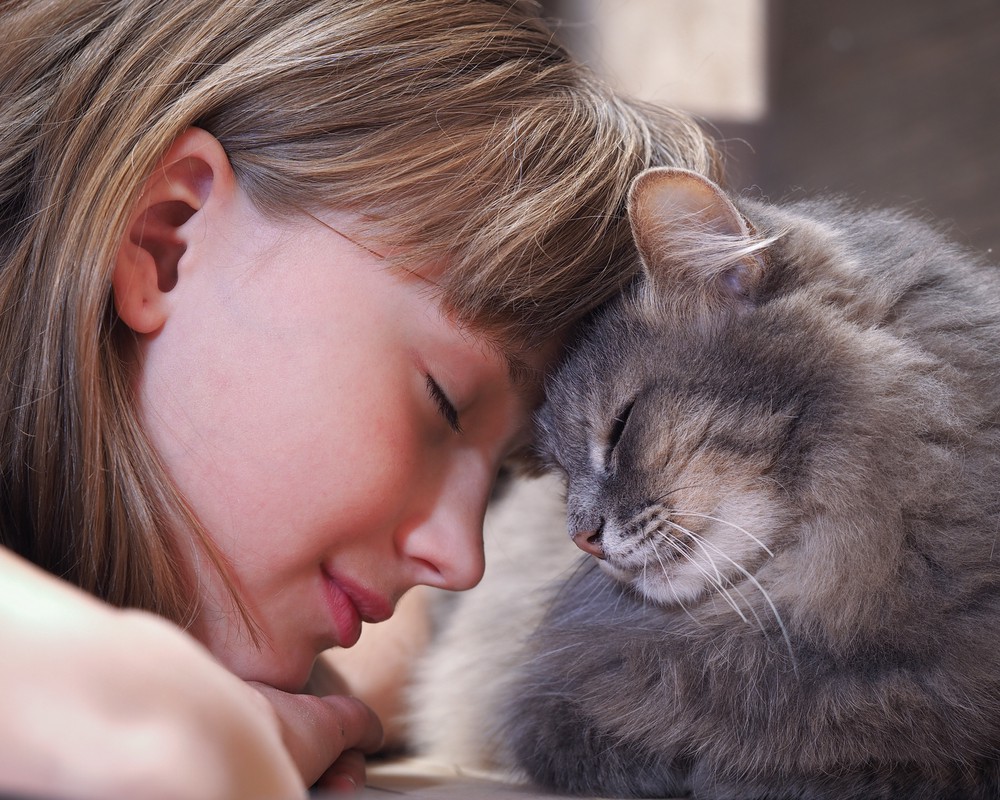Cats are experts at hiding pain, so recognizing when something’s wrong can be tricky. Small changes in behavior, appetite, or energy levels can be early warning signs of health issues that need attention. Knowing what to look for can help you catch problems early.
Keep an eye out for sudden weight loss or gain, vomiting, diarrhea, or changes in litter box habits. If your usually social cat is hiding more often or seems unusually aggressive or lethargic, it’s time to consult a vet. Cats also may stop grooming themselves when they’re not feeling well.
Dental problems are especially common and often overlooked. Bad breath, drooling, or difficulty eating can indicate gum disease or infection. Ear scratching, squinting, or head shaking could mean ear mites or an eye issue that needs care.
Regular vet visits are key to prevention. Even if your cat seems fine, annual checkups help detect hidden issues early. Trust your instincts — if something feels “off,” it’s better to be safe and get professional advice.
